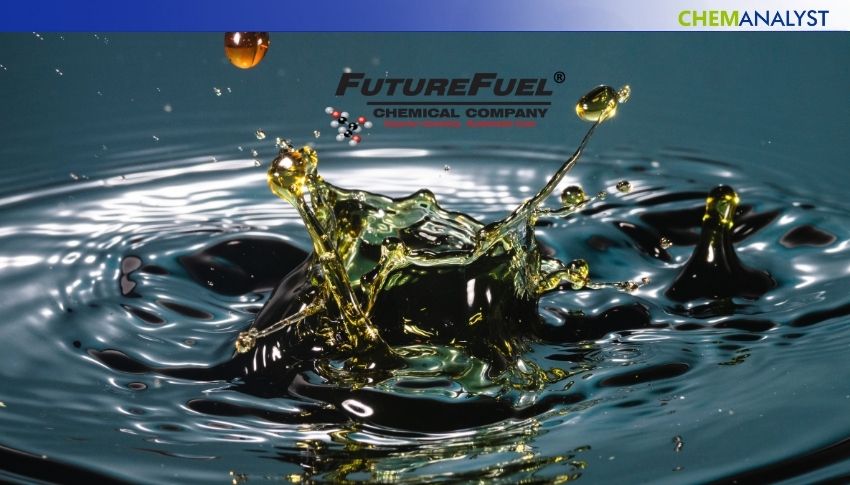Welcome To ChemAnalyst

FutureFuel Corp. will temporarily halt biodiesel production due to uncertainty surrounding federal tax credits, despite EPA’s proposed increase in renewable diesel mandates. The company will shift focus to its growing specialty chemicals segment, leveraging flexible operations at its Batesville facility and targeting new product investments and projects through 2025–2026.
FutureFuel Corp., a U.S.-based producer of custom and performance chemicals as well as biofuels, has announced plans to temporarily suspend its biodiesel production operations. This decision will take effect after fulfilling its remaining contractual obligations, which are expected to be completed by the end of June 2025. Despite recent encouraging developments from the U.S. Environmental Protection Agency (EPA)—including a proposed increase in biomass-based diesel mandates for 2026 and 2027—FutureFuel has cited ongoing regulatory uncertainty as the primary reason for this move.
The EPA’s new proposal outlines a notable rise in Renewable Identification Numbers (RINs) for biomass-based diesel, with targets of 7.12 billion in 2026 and 7.50 billion in 2027. This is a substantial increase from the previously set targets of 3.35 billion and 5.36 billion for 2025 and 2026, respectively. While this shift has been positively received by industry stakeholders, it has not been enough to offset concerns regarding the future of tax incentives.
Roeland Polet, CEO of FutureFuel, expressed gratitude for the EPA's forward-thinking mandate and the support of industry advocates. However, he emphasized the lack of clear guidance on the implementation of the Inflation Reduction Act’s Clean Fuel Production Credit (Section 45Z) as a significant challenge. This new credit was intended to replace the now-expired $1 per gallon Blenders Tax Credit (Section 40A), but ambiguity around its deployment has created a challenging environment for biodiesel producers.
As a result, FutureFuel has opted to temporarily idle its biodiesel production capabilities. Nevertheless, the company maintains a strong commitment to biodiesel and aims to resume operations once there is more regulatory clarity. A key advantage for FutureFuel is the operational flexibility of its Batesville facility, which can efficiently transition between biodiesel and specialty chemical production depending on market and policy dynamics.
In light of current uncertainties in the biodiesel sector, the company has decided to reallocate a portion of its production resources toward expanding its specialty chemicals segment. This strategic pivot includes ongoing investments in new product capacities, which are expected to be operational by mid-2025. Additionally, FutureFuel is actively developing a robust pipeline of chemical projects, targeting execution in the latter half of 2025 and into 2026.
This temporary shift underscores FutureFuel’s adaptive business model and long-term vision. The company remains optimistic about resuming biodiesel production in a more favorable regulatory landscape, while simultaneously strengthening its position in the specialty chemicals market.
FutureFuel is a prominent producer of a wide range of chemical products and biofuels. Its chemicals division is divided into two main categories: custom chemicals, developed for individual clients, and performance chemicals, designed for broader, multi-customer use. The custom chemicals portfolio features proprietary agrochemicals, adhesion promoters, a biocide intermediate, and an antioxidant precursor. Meanwhile, the performance chemicals range includes exclusive nylon and polyester polymer modifiers, along with a variety of low-volume specialty chemicals and solvents used across multiple industries.
We use cookies to deliver the best possible experience on our website. To learn more, visit our Privacy Policy. By continuing to use this site or by closing this box, you consent to our use of cookies. More info.
